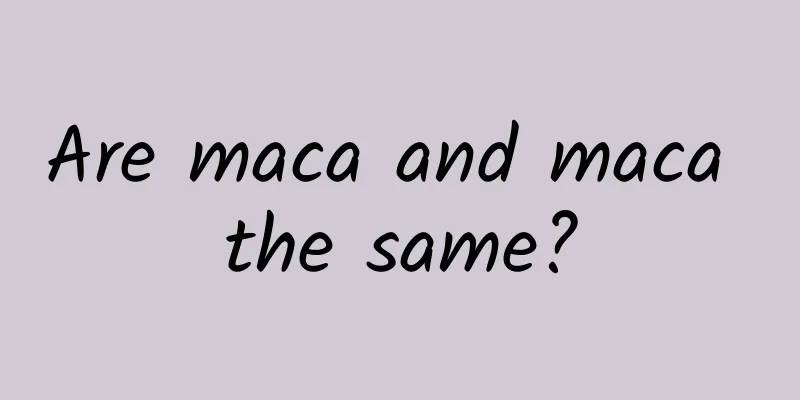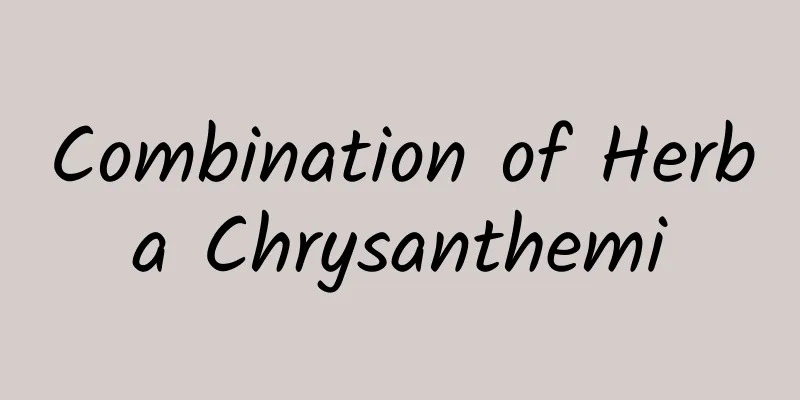The efficacy and function of the schisandra chinensis

|
Pseudo-amystoma serrata is a traditional Chinese medicinal material. This type of medicine can involve many aspects in the treatment of diseases, so before choosing Pseudo-amystoma serrata, you must have a good understanding of it. Let us introduce it in detail below. [Other name] Wild perilla [Source] Medicinal material source: the whole herb of the Lamiaceae plant. [Original morphology] Pyrus nobilis, perennial herb, 0.5-1.5cm tall. The rhizome is horizontal, woody, and has fibrous roots. The stem is erect, quadrangular, four-grooved, branched at the top, and covered with short soft hairs. Leaves opposite; petiole 1-5cm long, with broad wings on the upper part; leaf blade broadly ovate or ovate or rounded ovate, 2.5-7cm long, 12-5.5cm long, with sharp tip and tail point, base broadly cuneate or truncate, suddenly narrowing and extending downward, dark green above, light green below, sparsely covered with short soft hairs only along the veins, with irregular serrated teeth on the margins; lateral veins about 3 pairs. The raceme is terminal or in the axils of the upper stems and leaves, and is composed of inflorescences of 3-5 flowers; the bracts are leaf-shaped, gradually becoming smaller upwards, and the bracts and bracteoles are linear; the calyx is clock-shaped, covered with short soft hairs on the outside, with 5 calyx teeth, 3 teeth on the upper lip, 2 teeth on the lower lip, with thorn tips, and the calyx is significantly enlarged when fruiting; the corolla is white, light red, light purple to purple-blue, about 1 cm long, sparsely covered with short soft hairs and glandular dots on the outside, the crown rim is two-lipped, the upper lip is outward-reflected, and the lower lip is nearly round and concave; there are 4 stamens, hidden, and the filaments are bearded below the middle; the tip of the style is shallowly lobed in 2, and the disk is annular. The nutlets are nearly spherical, brown and hairless. The flowering period is from July to September, and the fruiting period is from August to October. [Habitat distribution] Ecological environment: Growing on grass slopes, roadsides, ditch edges, wastelands, and under sparse forests at an altitude of 700-3000m. 【Nature and flavor】 Spicy; bitter; neutral 【Functions and indications】 Dispel wind and promote blood circulation; detoxify and reduce swelling. Mainly used for colds and headaches; rheumatic pain; contusions and bruises; fractures; traumatic bleeding; snake bites [Usage and Dosage] For oral use: decocted in water, 3-9g. For external use: take appropriate amount and mash it for application. 【Excerpt】 Chinese Materia Medica Through the introduction of the effects and functions of the herb, everyone knows its magic. In fact, there are many seemingly ordinary people or things in life that contain power that we cannot imagine. Now that everyone knows the magical therapeutic effects and functions of Ipomoea batatas, you can try it and test whether it is effective. |
<<: The efficacy and function of Caragana korshinskii
>>: The efficacy and function of lemon chicken fruit
Recommend
The efficacy and function of Yingshi
As we all know, Yingshi is a very common medicina...
Why can a small grating card allow people to experience a rich three-dimensional world?
A small card can show different pictures as you s...
What are the effects and functions of Sijunzi Decoction?
Traditional Chinese medicine is very common in ou...
The efficacy and function of dragon's blood powder
There are thousands of plants and organisms in na...
The efficacy and function of Polygonum convolutum
Polygonum convolvulus is something that many peop...
Today is the first day of the Spring Festival travel rush! Please keep this travel protection guide
Today is the first day of the Spring Festival tra...
The efficacy and function of Fantianhong
We are all familiar with Fantianhong. Fantianhong...
What are the medicinal values of raspberries?
Traditional Chinese medicine is a method of treat...
These smuggled scales are all we know about the new pangolin species
Recently, scientists discovered a new species of ...
The efficacy and function of Lulutong
Many things in life happen inadvertently, and the...
More than 1,700 ancient viruses found in glaciers. Are they a threat to humans?
Produced by: Science Popularization China Author:...
The efficacy and function of Bauhinia wood
Bauhinia wood is a relatively familiar traditiona...
Wild ginseng shelf life
It is best to store wild ginseng after drying it,...
The efficacy and function of Qingtong Cuimu
As a traditional Chinese medicinal material, Qing...
Effects and functions of processed Cyperus rotundus
Processed Cyperus rotundus is a traditional and c...









